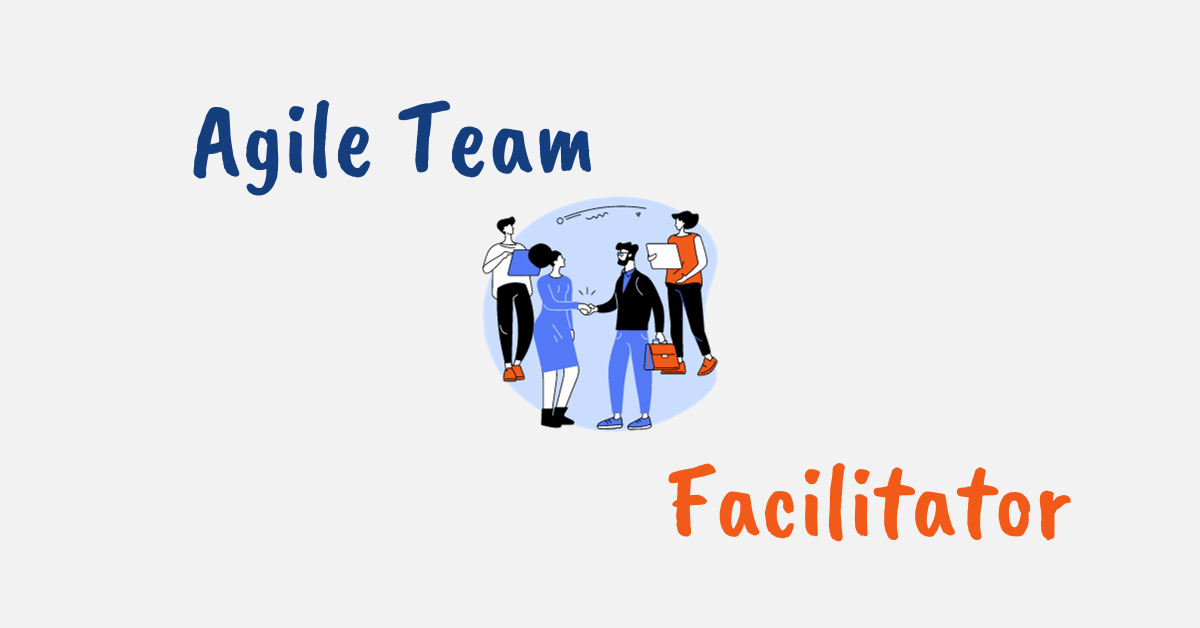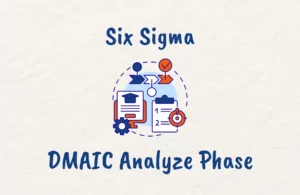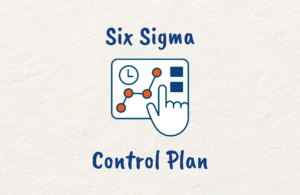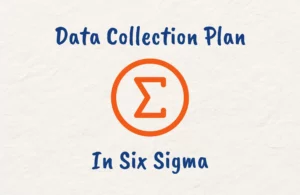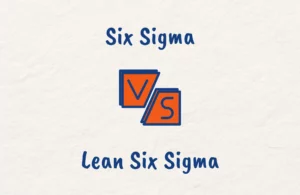For Agile projects to truly thrive, teams need more than just processes, they need collaboration.
Without open communication and trust, even strict adherence to frameworks like Scrum falls flat. This is where the Agile Team Facilitator comes in.
Blending psychology with facilitation, this role unlocks teams’ potential. By addressing group dynamics and conflict, they transform disjointed groups into high-performing teams.
An Agile Team Facilitator promotes self-organization, boosts morale, and navigates complex team challenges. Whether improving alignment or resolving disputes, their expertise in human behavior shines.
In this post, we’ll explore how an Agile facilitator collaborates with teams to drive productivity. You’ll learn their key responsibilities, must-have skills, and tips to master this nuanced role.
What is an Agile Team Facilitator?
An Agile Team Facilitator is a framework-agnostic role focused on boosting team productivity and performance.
Unlike the Scrum Master who oversees one team’s Agile process, the facilitator works across multiple teams to optimize collaboration and delivery.
Acting as a coach, the Agile Team Facilitator evaluates team dynamics and addresses any interpersonal challenges, conflicts, or alignment issues hampering effectiveness.
They don’t manage day-to-day work but instead aim to create an environment for teams to self-organize, make decisions, and deliver value.
Leveraging expertise in group psychology and team development, an Agile facilitator builds relationships, encourages participation, and fosters open communication.
They focus on the human aspects of Agile delivery to help teams work cooperatively, and enable continuous improvement by making teams more cohesive, engaged, and productive.
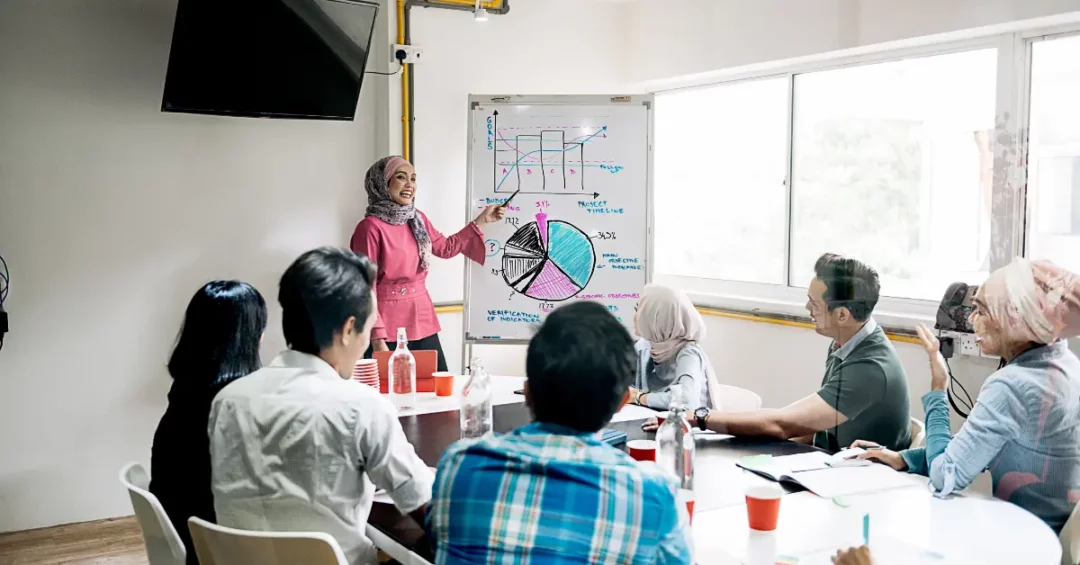
Agile Team Facilitator Roles and Responsibilities
An Agile Team Facilitator takes on various responsibilities and wears many hats to enable team growth and success.
Their leadership and expertise in group dynamics are instrumental in cultivating an environment optimized for high-performance Agile delivery.
Their key duties include:
Planning and Leading Facilitated Sessions
The facilitator is responsible for planning meetings and collaborative workshops that engage team members and drive outcomes.
They set agendas, establish guidelines, lead discussions, and manage group dynamics to ensure participation.
An adept facilitator steers conversations toward constructive resolutions without dictating decisions.
Addressing Team Dynamics
A facilitator continually evaluates interpersonal relationships, social behaviors, and group norms to identify causes of conflict, misalignment, and lack of cohesion.
The facilitator then intervenes to resolve tensions through coaching, mediation, or restoring communication flows.
Fostering Open Communication
By cultivating psychological safety, a facilitator enables transparency and candid exchanges.
They help establish trust, reinforce respectful, empathetic communication, and encourage reticent team members to share their perspectives.
Promoting Alignment
The facilitator nurtures shared vision, purpose, and values across teams. They highlight interdependencies and guide teams toward mutual objectives driving organizational alignment and boosting cross-team collaboration.
Developing Team Maturity
The facilitator mentors teams in applying Agile mindsets and principles. They coach teams to take greater ownership, self-organize, and make decisions collaboratively.
The facilitator supports continuous improvement by helping teams reflect and optimize.
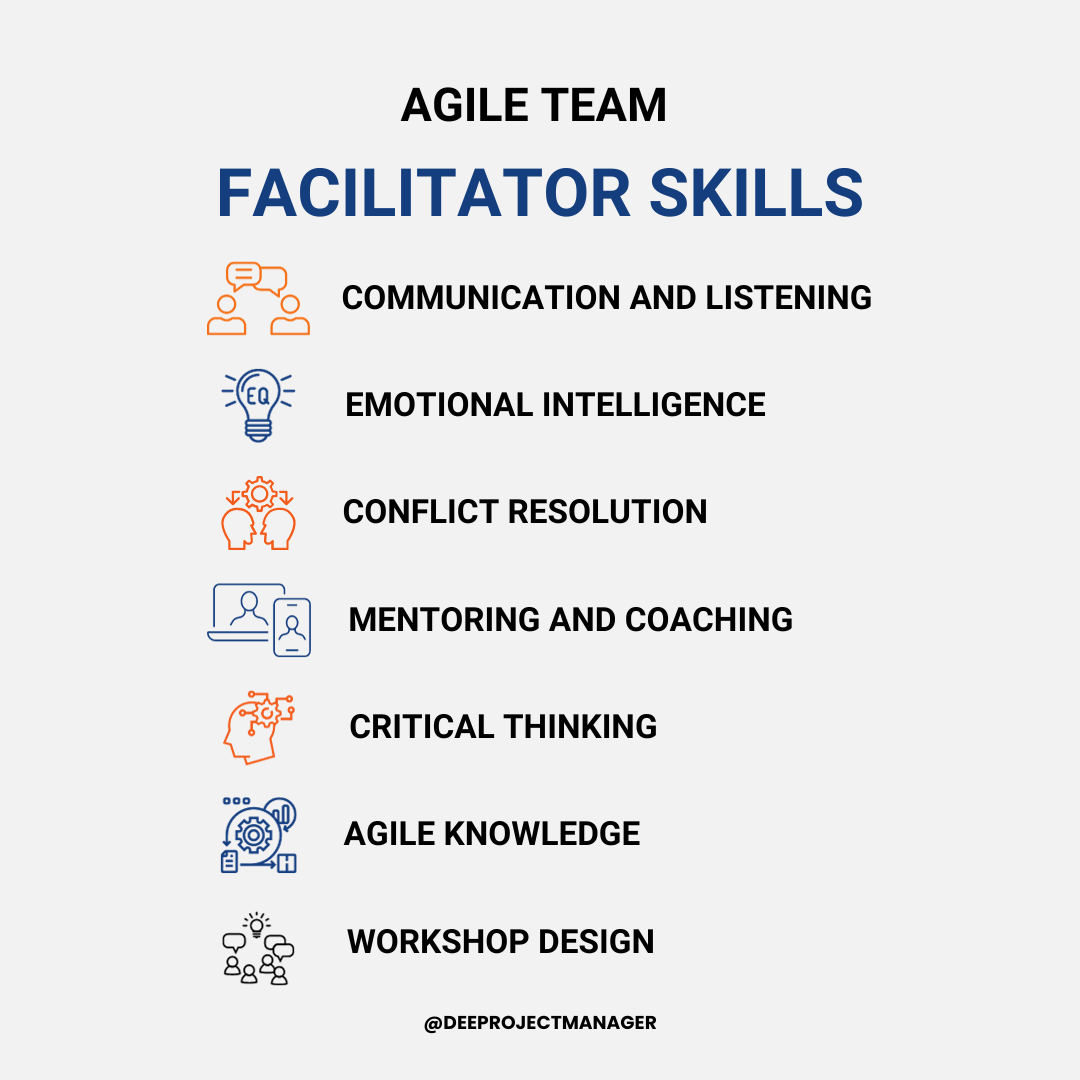
Skills of a Team Facilitator in Agile
An Agile Team Facilitator requires a diverse blend of soft skills, technical capabilities, and Agile insights which allows facilitators to expertly enable team collaboration.
Here are some key skills for mastering this role:
Communication and Listening
Excellent communication skills are essential. A facilitator must be able to convey ideas clearly, actively listen, interpret nonverbal cues, and synthesize divergent perspectives. Strong writing skills also help craft meeting plans.
Emotional Intelligence
A high EQ enables facilitators to grasp team dynamics and address tensions skillfully. They can empathize, build trust, and tailor approaches to individuals. Self-awareness and composure are also vital.
Conflict Resolution
When conflicts emerge, facilitators diplomatically guide teams to constructive solutions. Mediation skills help resolve interpersonal issues before they disrupt teamwork.
Mentoring and Coaching
Coaching and mentoring abilities allow facilitators to develop team capabilities. With patience and encouragement, they help teams adopt Agile mindsets.
Critical Thinking
Critical thinking skills help facilitators analyze team interactions, identify improvement areas, and devise solutions to complex people challenges.
Agile Knowledge
Extensive Agile expertise allows facilitators to evaluate team maturity and guide appropriate Agile adoption. Understanding frameworks also aids collaboration with Scrum Masters.
Workshop Design
Facilitators must adeptly create meeting agendas, interactive exercises, and materials to achieve session goals. Workshop design skills drive engagement and outcomes.
Tips to Become a Great Agile Team Facilitator
Becoming an outstanding Agile Team Facilitator takes dedication, but these tips can help you excel and facilitate teams to new levels of performance:
Develop Your Emotional Intelligence
Growing your self-awareness, social skills, and ability to manage emotions is foundational.
Seek feedback, act with integrity, and keep composure even amidst conflict. Sharpening your EQ will make you more approachable and influential.
Master Active Listening
Listen attentively without interruption. Reflect on what you hear and ask clarifying questions to ensure understanding.
Make every team member feel heard to build trust and psychological safety.
Learn Coaching Tactics
Seek coaching training to add structure and techniques to support teams. Mix encouragement with challenge to develop new capabilities. Ask discovery questions rather than handing out advice.
Broaden Your Perspective
Expose yourself to diverse environments and people to expand your understanding of group dynamics. You may consider volunteering as a facilitator for a local non-profit organization.
Continuously Improve Your Craft
Reflect after each session to identify what worked well and areas to improve and get feedback from participants. Gain new facilitation skills through books, podcasts, and courses.
Adopt Agile Yourself
Truly embodying Agile mindsets makes you more credible when sharing them. Pursue Agile certifications. Volunteer with Agile teams to experience frameworks firsthand.
Build Relationships
Invest time in building rapport and trust with each person. Help team members get to know each other better as individuals to improve team cohesion.
Make Meetings Engaging
Incorporate interactive elements to stimulate creativity and discussion. Leverage visuals, collaboratively build agendas, and use exercises like design thinking.

Agile Team Facilitator vs Scrum Master
From a high-level, the roles of an Agile Team Facilitator and Scrum Master may seem almost the same.
There are however some key differences between them as highlighted below:
Scope
A Scrum Master oversees one team’s Agile process and adoption of Scrum. An Agile facilitator has a wider scope and works across multiple teams to improve collaboration and alignment.
Responsibilities
The Scrum Master focuses on day-to-day mechanics like resolving impediments in Scrum.
An Agile facilitator on the other hand works on the human aspects, like strengthening relationships and communication flows.
Agile Expertise
Scrum Masters are well-versed in Scrum artifacts, events, and values to guide their team.
In contrast, Agile facilitators possess broad Agile knowledge spanning frameworks to assess team maturity and support appropriate adoption.
Mindset Orientation
Scrum Masters help teams adopt tactical Agile practices while Agile facilitators focus more holistically on transforming team mindsets, behaviors, and interpersonal skills.
Meeting Involvement
Scrum Masters facilitate their team’s Scrum events like Sprint Planning and retrospectives. Agile facilitators design and lead a wider variety of collaborative sessions for multiple teams.
Agile Team Facilitator vs Agile Coach
Similarly, a common question asked is what is the difference between an Agile Coach and an Agile Team facilitator.
An Agile Team Facilitator promotes team effectiveness, while an Agile Coach works at the organizational level to drive transformation.
Other key differences include:
Scope
Agile facilitators work with multiple teams to improve performance. Agile coaches on the other hand consult with executives, managers, and teams to transform business culture and processes company-wide.
Focus Area
Agile facilitators zero in on optimizing team dynamics and collaboration while Agile coaches focus on both hard (processes, structures) and soft (mindsets, culture) components of organizational Agile adoption.
Responsibilities
While Agile facilitators plan and run sessions, resolve conflicts, and mentor teams, Agile coaches create transformation roadmaps, provide change management guidance, and establish Agile at scale.
Background
Agile facilitators often have psychology expertise. In contrast, Agile coaches are seasoned Agile practitioners who have led transformations previously.
Agile Knowledge
Agile facilitators typically possess broad Agile knowledge. But typical Agile coaches have mastery of both Agile frameworks as well as scaling approaches like SAFe.
Team Interaction
While Agile facilitators work directly with teams in collaborative sessions, Agile coaches interact with teams primarily through manager coaching and change guidance.
Influence
Agile Facilitators influence team interactions and capabilities, while Agile coaches influence business strategies, structures, culture, and leadership behaviors.
Final Thoughts
An Agile Team Facilitator can be invaluable for taking your team’s performance to new heights.
By optimizing collaboration, communication, and team dynamics, they empower teams to self-organize and unlock their full potential.
If you are an Agile Team Facilitator, you have an immense opportunity to catalyze team and organizational success.
With your skills in group dynamics and psychology, you can transform disjointed groups into cohesive, high-performing teams.
Foster openness, trust, and continuous improvement, and you’ll empower teams to self-organize and thrive.
Lean into your expertise in facilitation and coaching to address team conflicts, boost alignment, and nurture Agile mindsets.

